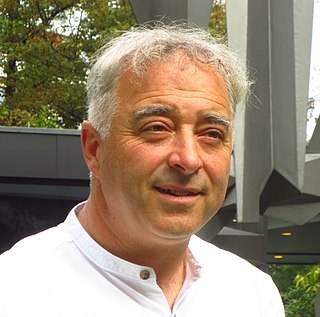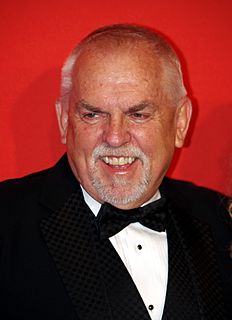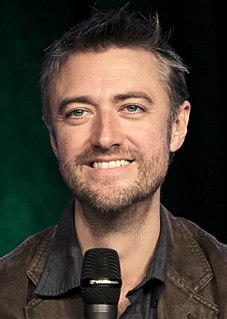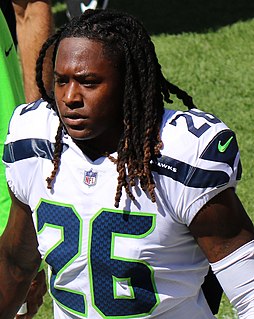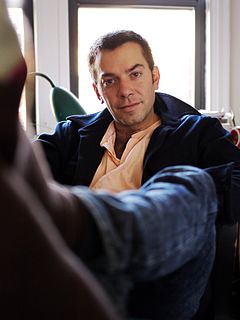A Quote by Bill Ayers
Chicago '68 was a relatively small demonstration for its time, but I've talked to millions of people who claim they were there because it felt like we were all there. Everyone from our generation was there and was at Woodstock.
Related Quotes
There are more stars than there are people. Billions, Alan had said, and millions of them might have planets just as good as ours. Ever since I can remember, I’ve felt too big. But now I felt small. Too small. Too small to count. Every star is massive, but there are so many of them. How could anyone care about one star when there were so many spare? And what if stars were small? What if all the stars were just pixels? And earth was less than a pixel? What does that make us? And what does that make me? Not even dust. I felt tiny. For the first time in my life I felt too small.
This isn't the Democratic party of our fathers and grandfathers. This is the party of Woodstock hippies. I was at Woodstock--I built the stage. And when everything fell apart, and people were fighting for peanut butter sandwiches, it was the National Guard who came in and saved the same people who were protesting them. So when Hillary Clinton a few years ago wanted to build a Woodstock memorial, I said it should be a statue of a National Guardsman feeding a crying hippie.
My personal beliefs were shaped more by experience and by watching the news when I was young: images of angelic-looking college students in Mississippi crying like the world was ending because black people were being allowed on their campus; the slow mounting horror of Vietnam on the evening news every night; sitting with my parents in front of the TV and being appalled at the way the Chicago police were treating the protesters during the '68 Democratic convention. Being eyed with suspicion because of my age and the way I wore my hair.
The life before '68 was very different from the life after '68. Before '68, our days were full of authoritarian moments. There were authorities everywhere. In fact, the movement of '68 was young people against their authorities, children against their parents. And that remained. The most important thing of all, the thing that lasted, was the first feminist movement and the position of women in society. That completely changed and that was very, very important.
But I felt like Pablo Escobar felt like he was an honorable businessman. And when he killed people, I think he felt he did it because they were honorable. That they were liars and were trying to cheat him. I don't think he had a lot of respect for the politicians in Columbia at the time, so he had quite a lot of fun killing them.
It's actually a relatively small number of people that really are those risk takers, and a relatively small number of people that end up really having an impact on the world, and it doesn't take a lot of people. We said, 'Well, rather than just sit by and wait, or fold our tent and go do something else, let's keep at it. Maybe we can be the ones who can figure this out,' and eventually we were.
With the Holocaust - I wonder if a lot of Jewish writers of my generation have felt this way - it feels really intimidating to approach it. I feel like so many writers who have either lived through it firsthand or were part of that generation where they were closer to the people who were in it have written so beautifully about it, so there's no lack of great books about it
Not only was Dan Cooper likely an alias, but many people suspected at the time were people living under assumed names. The '50s and '60s were a time when some people were desperate to leave their lives. They felt trapped in their marriages or their jobs, and they were seeking freedom. And one of the ways to do that, because technology wasn't advanced as it is today, was just to take over somebody's name.


